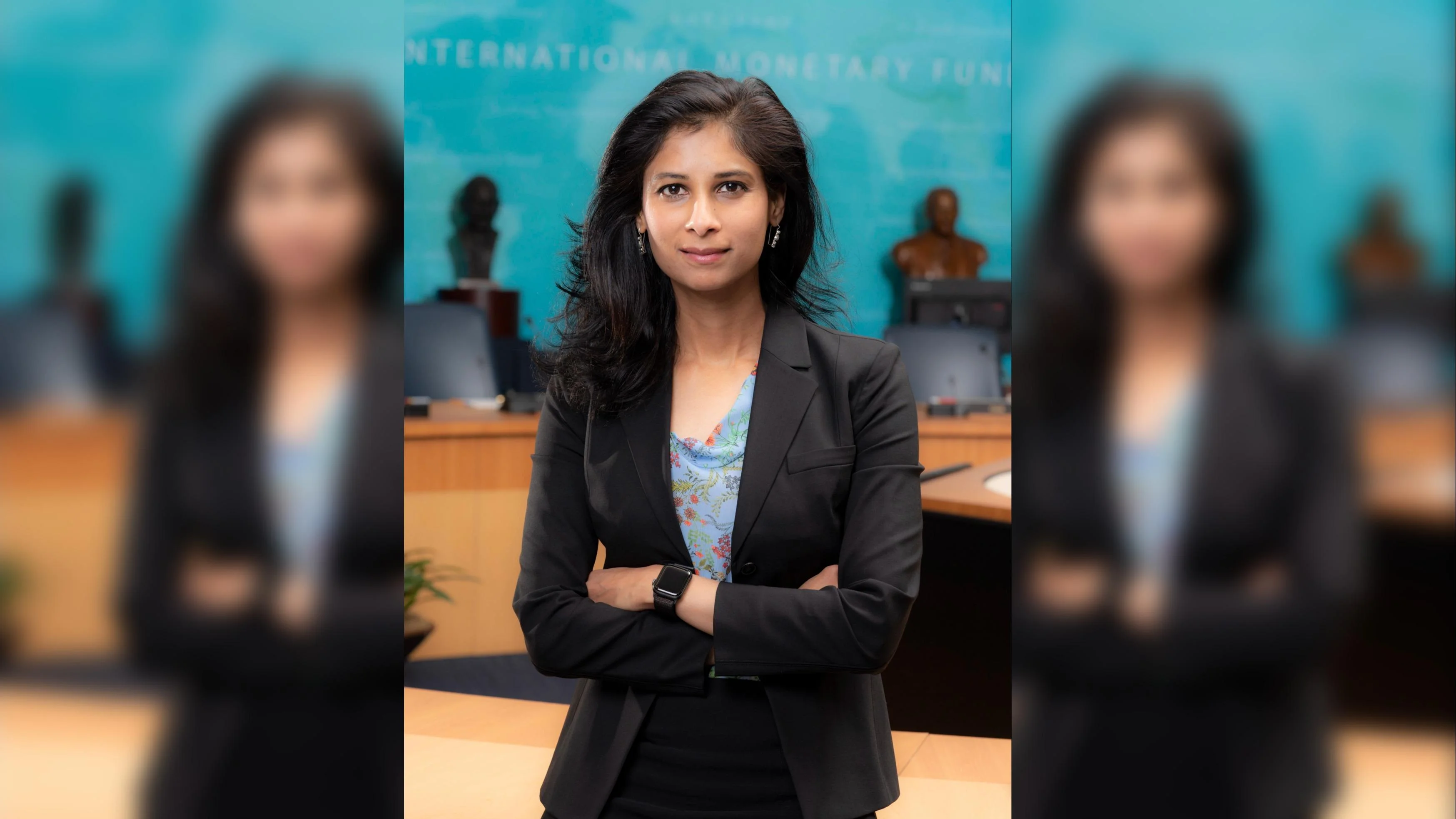The International Monetary Fund (IMF) opened its 26th Annual Research Conference, focusing on the theme “The Evolving Landscape of Global Trade and Financial Integration.” The event was addressed by the IMF’s First Deputy Managing Director, who marked her first participation in this role at the conference.
During her remarks, she highlighted ongoing changes in global economic relations. She said, “Global economic relations are being transformed by the growing intersection between geopolitics and trade, new technologies, and a rapidly evolving rethinking of long-held assumptions about international economic integration. In this context, the global economy is being redesigned—not just for short-term efficiency, but for long-term resilience.”
She discussed how financial integration is shifting as non-bank entities become more prominent in funding markets. This development could increase vulnerabilities due to faster transmission of shocks. According to her statement: “Financial integration is also evolving. Core funding markets are increasingly dominated by non-bank financial intermediation, which may increase the potential for rapid transmission of shocks. Needed but painful domestic adjustments could come at the sharp end of repricings rather than deliberate planning.”
The speech outlined three main themes for discussion at the conference: trade dynamics, global imbalances and capital flows, and geopolitical fragmentation with economic integration.
On trade, she raised questions about whether traditional gains from trade still apply when countries intervene heavily in their economies or impose various controls. She noted that while tariffs have received much attention recently, export controls—especially those affecting key inputs like rare earth magnets—may have broader effects on supply chains.
Turning to global imbalances and capital flows, she stated: “Left unchecked, the widening of global imbalances—excess current account surpluses and deficits—can amplify vulnerabilities. The increase in excess imbalances in 2024 was the largest in a decade.” She emphasized that external imbalances begin with domestic macroeconomic issues such as savings and investment patterns.
She questioned what steps countries should take if domestic measures fail to correct these imbalances or if spillovers arise from other nations’ policies. Additionally, she discussed concerns regarding persistent current account deficits leading to unsustainable foreign asset positions.
Addressing geopolitical fragmentation and regionalization trends in supply chains and trading blocs, she asked whether deeper regional integration might inadvertently create new distortions or vulnerabilities depending on local political or economic conditions.
In conclusion, she encouraged participants to challenge each other’s views during discussions over two days featuring research presentations on topics such as trade dynamics and policy responses related to global value chains and capital flows.
“The best insights emerge from dialogue across disciplines and perspectives,” she said. The conference began with Gian Maria Milesi-Ferretti leading a session titled “Tariffs and Global Imbalances.”

